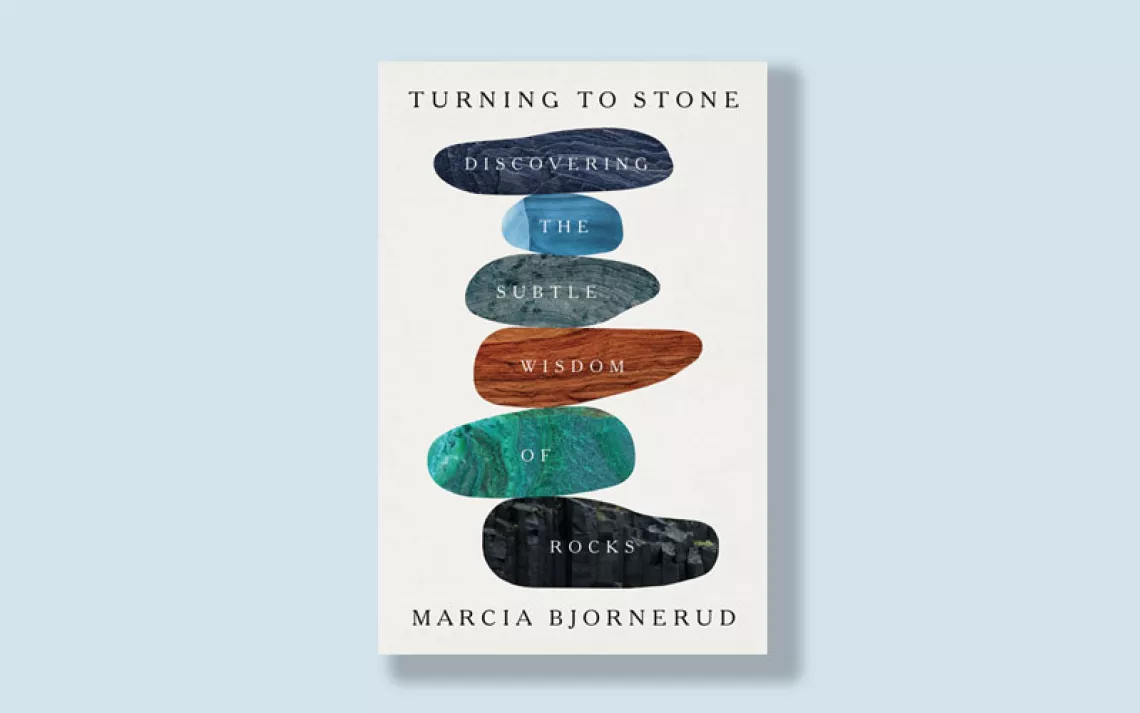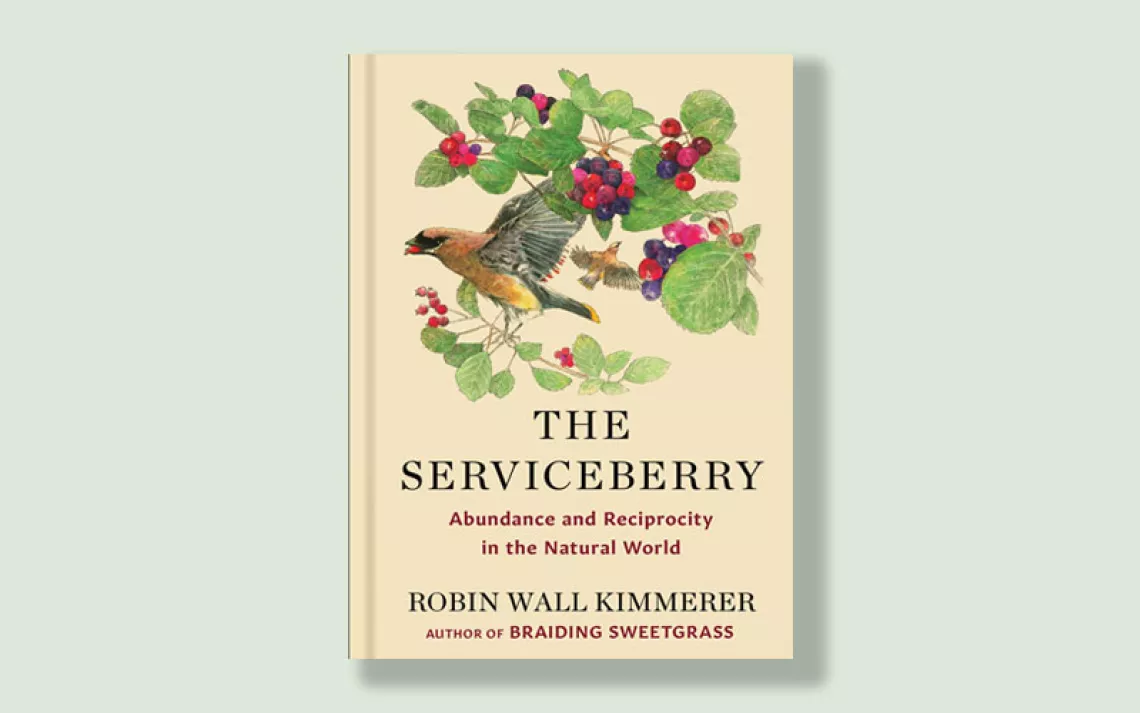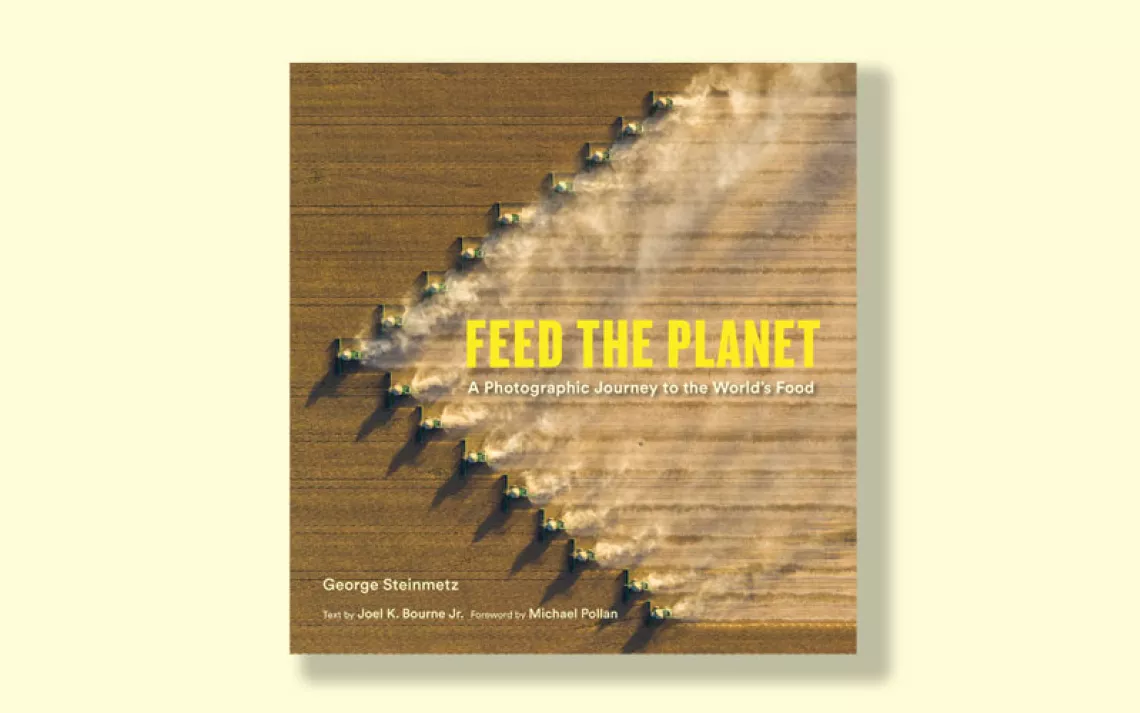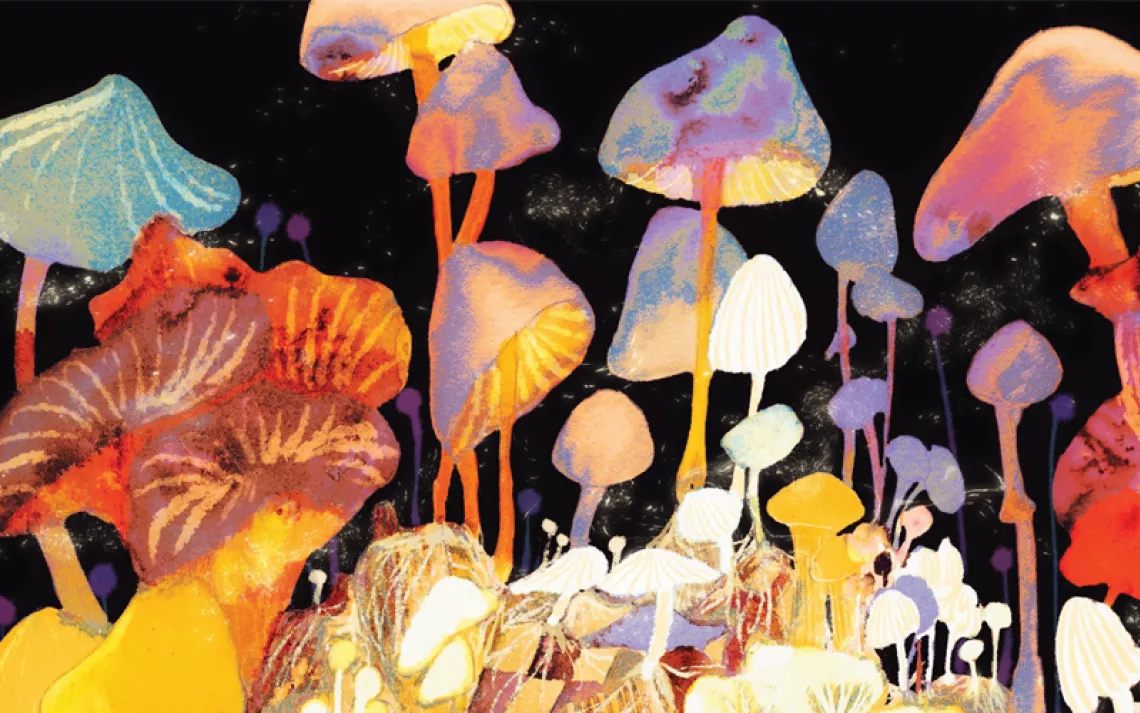8 Black Eco-Poets Who Inspire Us
Contemporary scribes draw links between environmental and ancestral resilience
“Eco-poetics” may be a recently christened genre, but of course, humans have been writing poems about nature for centuries. Ralph Emerson, Walt Whitman, Henry David Thoreau, and other titans of the canon embraced themes of idyllic wilderness, pristine green spaces, and finding home away from home. While we have in many ways moved beyond such narrow interpretations of the natural world, the definition of “eco-poetry” remains somewhat narrow—nature poets like Wendell Berry and Mary Oliver are considered just that: nature poets. Whereas the works of black eco-poets are largely divorced from the nature poetry conversation and instead considered isolated testimonies of racial oppression.
Twentieth-century black poets like Helene Johnson, Lucille Clifton, and even Langston Hughes created pastorals rife with nature and also largely informed by their experiences as descendants of enslaved peoples, living in a society that deeply devalued black life. Contemporary black eco-poets do not shy away from this legacy of exploitation; they trace connections not only between environmental violence and racialized violence but also between environmental resilience and the ancestral resilience of the black diaspora.
The black experience in the Western hemisphere was born of exploitation; similarly to how the fertile territories of the Americas were, and continue to be, sites of exploitation. Since enduring forced migration to the Western world, black people have interacted with and relied on an unfamiliar environment and utilized storytelling in order to pass on memory, spark imagination, and make sense of their relationship to this unaccustomed earth.
The original poets were the griots, the bards, the local storytellers who not only entertained the masses with their tales, but who also, themselves, existed as living archives. It’s worth emphasizing once more that black people have been writing about the natural world for centuries; most simply didn’t have the luxury of venturing to a mountain to “find themselves.” But as all of us become increasingly aware of the cataclysmic effects of environmental degradation, it’s becoming more common to address nature in the traditional spirit of black writers—by taking the interconnectedness of racial and class politics into account.
In the spirit of Black History Month, we’ve compiled a list of contemporary black eco-poets to add to your reading list.

Alexis Pauline Gumbs | Courtesy of Sufia Ikbal-Doucet
Alexis Pauline Gumbs
“Sista Docta” Alexis Pauline Gumbs is a poet and activist hailing from North Carolina. While her background is in black feminist theory, her work exists as proof that blackness and environmentalism are inextricably linked. Gumbs’s writing simultaneously praises ancestral knowledge of forcibly relocated forebears and reaches forward toward never-before-seen futures during the climate crisis. Her prose poetry book M Archive: After the End of the World employs black feminist knowledge as a key to understanding climate apocalypse, late-stage capitalism, and a post-Earth (as we know it) world. M Archive is the second book in Gumbs’s experimental triptych—look out for the concluding volume, Dub: Finding Ceremony, which released February 14, 2020. (Check out Sierra’s recent conversation with Gumbs.)

Frank X Walker | Courtesy of Patrick Mitchell
Frank X Walker
Frank X Walker is a writer, educator, and multidisciplinary artist and the former poet laureate of Kentucky (2013–2015). Walker’s poetry is inextricably influenced by his childhood proximity to Appalachia (he was born in Danville, Kentucky, in the early 1960s). In the mid-90s, Walker coined the phrase Affrilachia in order to combat the stereotype of the Appalachian region as a homogeneously white community. Walker then went on to cofound the Afrillachian Poets, a group of black poets of the Appalachian region who met regularly to share and discuss their work. Walker is the author of numerous collections, including but not limited to Affrilachia, Black Box, and About Flight. His work explores the legacies of slavery in the black South and how that legacy is apparent in the traditions and nature-human relations of black communities in that region. In works like “Oh Weep No More Today,” Walker explores the difference in slave songs as they are interpreted by Southern white audiences versus the black populations that experienced the brunt of enslavement. Walker was the first black poet laureate of Kentucky, and he currently teaches English at the University of Kentucky. In his latest collection, Last Will, Last Testament (Accents Publishing, 2019), Walker analyzes controversial historical figures through a critical lens—and also turns it on his own family—in order to better understand Southern blackness.

Camille T. Dungy | Courtesy of Beowulf Sheehan
Camille T. Dungy
Camille T. Dungy is a poet, editor, memoirist, and professor who has had a prolific career in the field of eco-poetics. The author of Smith Blue, Suck on the Marrow, and What to Eat, What to Drink, What to Leave for Poison, Dungy’s work is blunt, masterfully dancing between the crude and the divine. Beyond comparisons of the black body to nature, Dungy explicitly links the machinations of the natural world to those of the human, purposefully blurring the false boundary between the two. Dungy is also the editor of Black Nature: Four Centuries of African American Nature Poetry, an anthology that includes the works of 93 poets ranging from Gwendolyn Brooks to Janice Harrington. Celebrating its 10th anniversary this year, Black Nature is the first-ever anthology dedicated to the long-standing tradition of nature writing by black authors. In an interview with Nashville Review, Dungy says that “landscape and language aren’t particularly easy to separate,” that both hold significant influence in her writing.

Toi Derricotte | Courtesy of Linda Koolish
Toi Derricotte
Toi Derricotte’s writing career spans four decades and several poetry books, including the recent I: New and Selected Poems (2019). Derricotte’s poems are crisp, unfiltered, and tinged with grief. Of Creole and African American ancestry, she navigates white-passing privilege in much of her work. Her poems bear witness to the tradition of sexual assault on enslaved peoples by white masters, linking the remnants of violence to contemporary black issues. In poems like “Blackbottom,” Derricotte reflects on the sharp partition between city and suburb, musing over the delineation between the black poor and the black middle class, and how neighborhoods are emblems of how we hierarchize humanity.

Cecil Giscombe | Courtesy of Random Passerby

Sign up to receive Sierra News & Views
Get articles like this one sent directly to your inbox weekly.
With this action you affirm you want to receive Sierra Club communications and may vote on policy designated by the Sierra Club Board.
Cecil Giscombe
Cecil Giscombe is a poet, essayist, and professor of English at the University of California, Berkeley. His poetry books include Prairie Style, Two Sections From Practical Geography, Giscome Road, Here, At Large, and Postcards. Giscombe carried a childhood fascination with trains into adulthood, and his work often features railroads: how they shape landscapes and in particular how they formulate “natural boundaries” between neighborhoods. Born and raised on the West Side of Dayton, Ohio, Giscombe recalls in an interview with fellow writer Mark Nowak how the trains and tracks “brush up against people’s houses over here in black Dayton more than anywhere else in town.” Though occasionally esoteric, Giscombe’s work is successful in its ability to formulate unions, reflecting the interconnectedness of language, race, and familial bonds. In addition to being a prolific storyteller, Giscombe is a long-distance cyclist. His forthcoming work, Similarly: Four Complete Books and New Poems, comes out June 9, 2020.

Major Jackson | Courtesy of Erin Patrice O'Brien
Major Jackson
Major Jackson is a poet and professor at the University of Vermont. Jackson’s early beginnings with poetry were supplemented by his membership in the Dark Room Collective, a poetry group started in 1988 to uplift and celebrate the voices of emerging and established black writers. Alongside the likes of Natasha Trethewey and Tracy K. Smith, Jackson was part of a community of poets committed to expanding literary tradition beyond the established white hegemonic canon. Jackson is a frequent traveler, and his poetry is often influenced by the diversity of the world around him; he uses the lens of travel, history, and landscape to bear witness to the multitude of experiences human beings possess. In conversation with Katonah Poetry interviewer Ann van Buren, Jackson remarked at how he drew parallels between poverty in Detroit and a refugee camp in Kenya, to point out not only our commonalities but also the ways in which we deny people agency within our food systems. The author of several books including Leaving Saturn, Hoops, Holding Company: Poems and Roll Deep: Poems, Jackson has a forthcoming collection entitled The Absurd Man, set for release February 25, 2020.
Thylias Moss
Thylias Moss is a poet, filmmaker, and playwright who currently serves as the poet emerita at the University of Michigan. Author of poetry collections Hosiery Seams on a Bowlegged Woman (1983), Rainbow Remnants in Rock Bottom Ghetto Sky (1991), Slave Moth: A Narrative in Verse (2004), and Wannabe Hoochie Mama Gallery of Realities' Red Dress Code: New & Selected Poems (2016), among others, Moss shines brightest when she utilizes her pen to illuminate the stark differences in experience between white Americans and black Americans. Gender is a common theme in Moss’s work: Combined with vivid imagery, her work reinterprets what nature means to women descended from slaves versus those descended from slave owners. Whether that difference lies in shared identity or hierarchical separation, poems like “Botanical Fanaticism” and “Interpretation of a Poem by Frost” are testaments to Moss’s ability to use nature, human experience, and perspective to cull multiple truths. Moss views poetry as a science, a place where experimentation can and should be conducted in order to tease out various truths. Believing that poetry is an art form that should be appreciated as a sensory experience, Moss established Limited Fork Theory (inspired largely by her own fascination with and extensive collection of forks), which is the study of interacting systems. While she recognizes that this way of consuming poetry is exhausting, overwhelming, and sometimes downright nonsensical, Moss’s point is to have all of these conflicting elements come together to reflect our truth: that we exist within chaos. Like Giscombe’s, Moss’s mind is . . . expansive—multiple thoughts exist in harmony, chaos, and everything in between. If you’re up for the challenge of dissecting just a small portion of her brain, check out Moss’s most ambitious collection, Tokyo Butter (2006).
LaTasha N. Nevada Diggs
LaTasha Diggs is a writer, sound artist, and vocalist whose work has been featured at MoMA, the Walker Art Center, the Modern Museum of Fort Worth Texas, and the 2015 Venice Biennale. Like many of the above poets, Diggs is a language connoisseur. In her first collection, TwERK (2013), Diggs navigates Standard English and African American Vernacular English (AAVE) with ease, weaving Japanese, Cherokee, and Quechua into her work to bring to the surface issues of forced migration and the surviving remnants of colonization. “My First Black Nature Poem” speaks to this tension, navigating what it means to interact meaningfully with nature, water specifically, when the memory of hurt is still so present in the black consciousness. Diggs does not shy away from creating new words, slanting language, and even composing whole poems in pidgin, explaining that her layering of “Yoruba folklore, geography, Godzilla movies, birds from an urban wildlife guide and use of caesurae help to further shape meaning where meaning is but a nickname for chance encounters.”
 The Magazine of The Sierra Club
The Magazine of The Sierra Club




